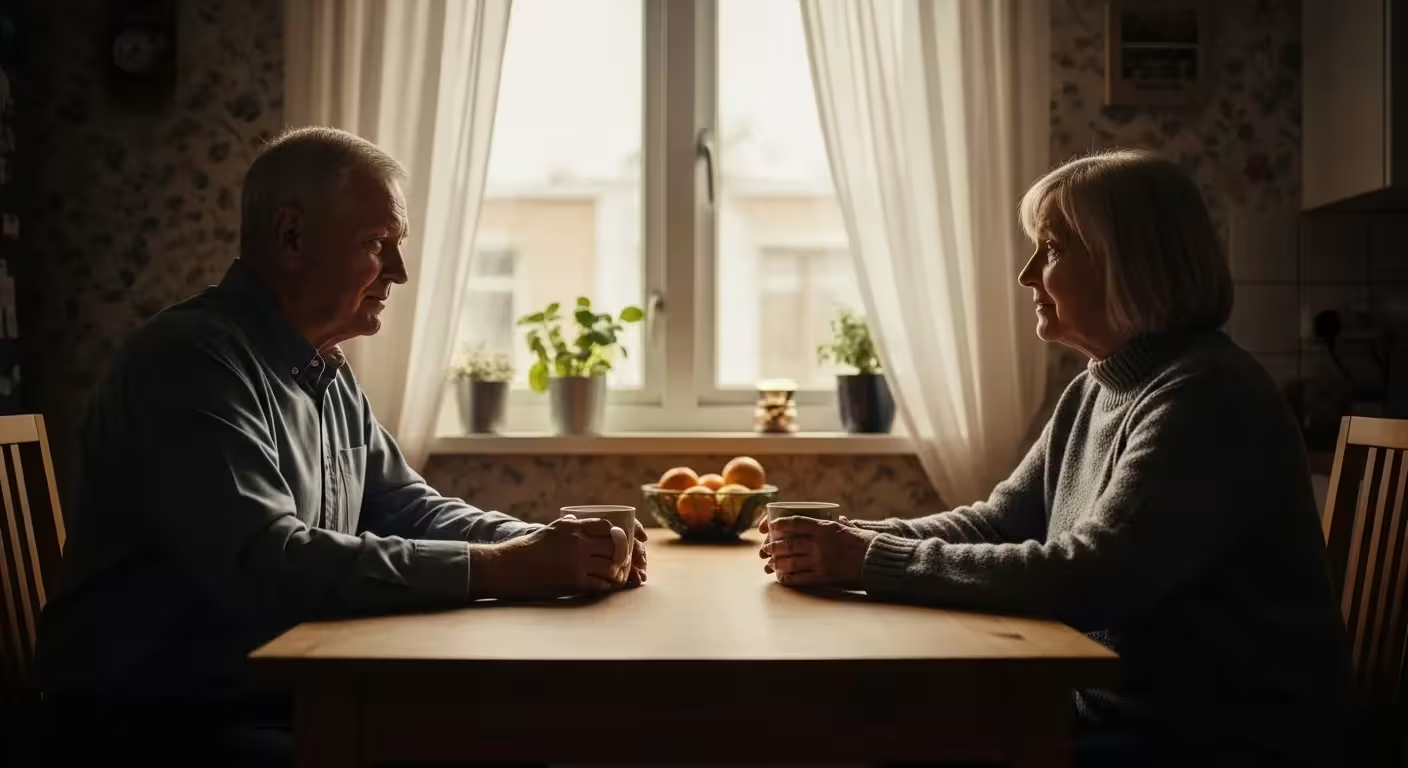
We can spend decades sharing a home, a bed, and a life with someone, yet wake up one day feeling miles apart. It’s a quiet, creeping loneliness that can settle into the spaces left by grown children, retired careers, and the changing rhythms of life. For many of us in long-term partnerships, especially as we navigate our 50s, 60s, 70s, and beyond, this feeling can be both confusing and deeply painful. We are physically together, but the emotional bridge that once felt so sturdy now seems to be weathering. This experience is profoundly normal. It is not a sign of failure, but a signal that the very foundation of our connection needs attention, care, and a new set of tools suited for this unique chapter of life.
The truth is, our need for deep, secure social connection doesn’t diminish with age; it intensifies. It becomes a cornerstone of our mental, emotional, and even physical health. Relationship science and psychology offer us a clear map, not of quick fixes or pop-psychology promises, but of practical, evidence-aware strategies to strengthen that bond. This is not about erasing the past or demanding that your partner change overnight. It’s about learning to turn toward each other again, one small, intentional step at a time. It’s about rediscovering the person you chose and choosing them again, with the wisdom and perspective that only a shared history can bring.













